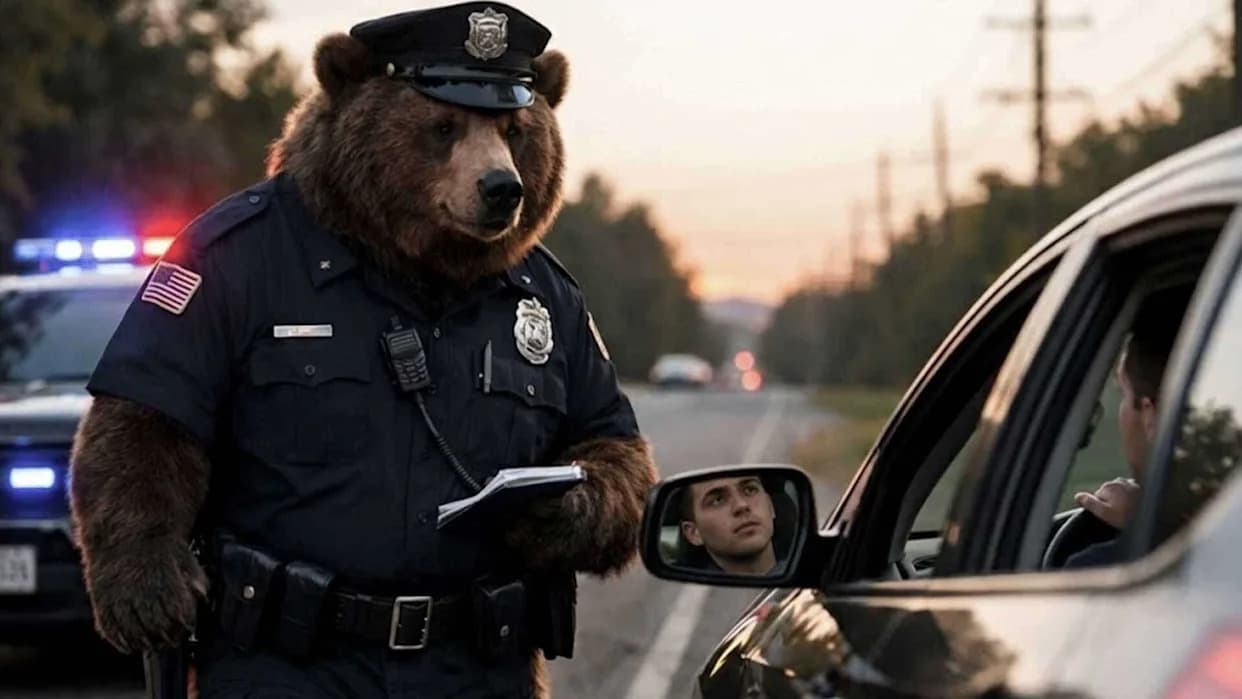The Jersey SPCA and local dog owners warn that draft "dangerous dog" rules could unfairly restrict well-behaved pets by judging animals on appearance rather than behaviour. Proposed measures include registration, muzzling, constant leads, neutering, microchipping and secure housing for dogs matching XL Bully-type characteristics. Critics say there was insufficient consultation with enforcement bodies and that education and responsible ownership would be more effective than blanket breed- or type-based restrictions. The proposals will be debated further by the States Assembly.
Jersey warns proposed 'dangerous dog' rules could unfairly target well-behaved pets

Concern that breed-based rules could catch harmless dogs
Local dog owners and the Jersey Society for the Prevention of Cruelty to Animals (JSPCA) have warned that proposed controls intended to reduce dog attacks may also ensnare perfectly well-behaved pets. Last year Jersey introduced a ban on importing XL Bully dogs without a special licence, and politicians have since agreed in principle to add new measures aimed at dogs classed as "dangerous." The States Assembly will debate the proposals further before any law is finalised (States Assembly).
The JSPCA has criticised the draft law for relying on breed- or type-specific criteria and for an apparent lack of consultation with key enforcement bodies. Dog owner Gareth Thomas says he fears restrictions would be applied on the basis of appearance rather than actual behaviour, potentially punishing friendly animals.
Key measures proposed
- A registration scheme for dogs meeting the criteria for being classed as dangerous.
- Dogs could be judged dangerous if they match the physical characteristics and measurements associated with XL Bully-type animals, including breeds or types such as American Staffordshire Terrier, American Staffordshire Bull Terrier, American Bulldog, Cane Corso and Presa Canario.
- Any dog deemed dangerous would be required to be muzzled and kept on a lead in public.
- Such dogs would need to be neutered, microchipped and kept in secure accommodation to prevent escape.
- It would be an offence to own a dog classed as dangerous unless it is registered with the States veterinary officer.
Constable Mike Jackson, chair of the Constables Committee, said: "We don't want children to be injured by dangerous dogs as has happened in the UK."
"The main concern is this blanket approach based on type rather than proven temperament," said Gareth Thomas, owner of Swayze, a Cane Corso. "There is nothing he enjoys more than running in the woods and meeting other dogs — he is super dog friendly. Applying muzzles and constant leads based on looks is a slippery slope."
Deputy Hilary Jeune, chair of the Environment Scrutiny Panel (which called the draft law in for further examination), described parts of the proposals as "sloppy" and said there had not been enough consultation with organisations expected to implement the rules, notably the JSPCA and the States police. "Until we have comfort that risks have been mitigated then we do not support the continuation of making this law," she said.
In a letter to the Environment Scrutiny Panel the JSPCA wrote: "We have serious concerns about the inclusion of breed-specific restrictions — particularly in relation to XL Bully dogs — and the lack of consultation with key stakeholders." The charity urged greater emphasis on prevention, education and responsible ownership rather than breed bans.
The proposals will be subject to further debate at the States Assembly before any final decision is taken. For more information, see the JSPCA and the States Assembly websites.
Help us improve.


































